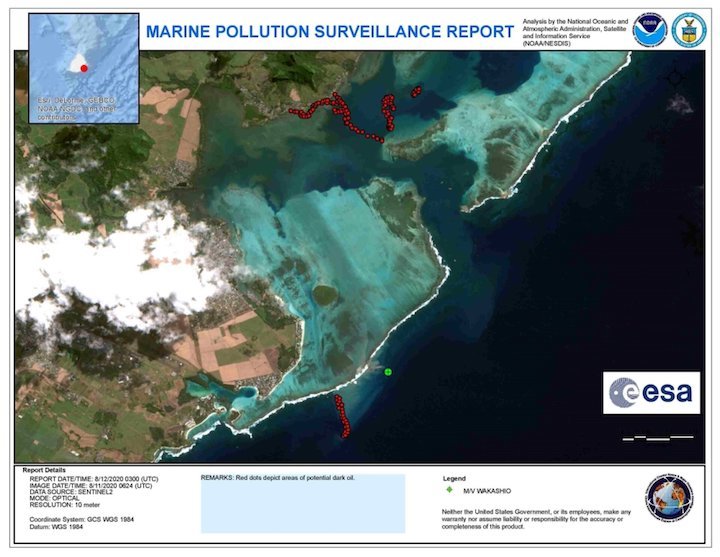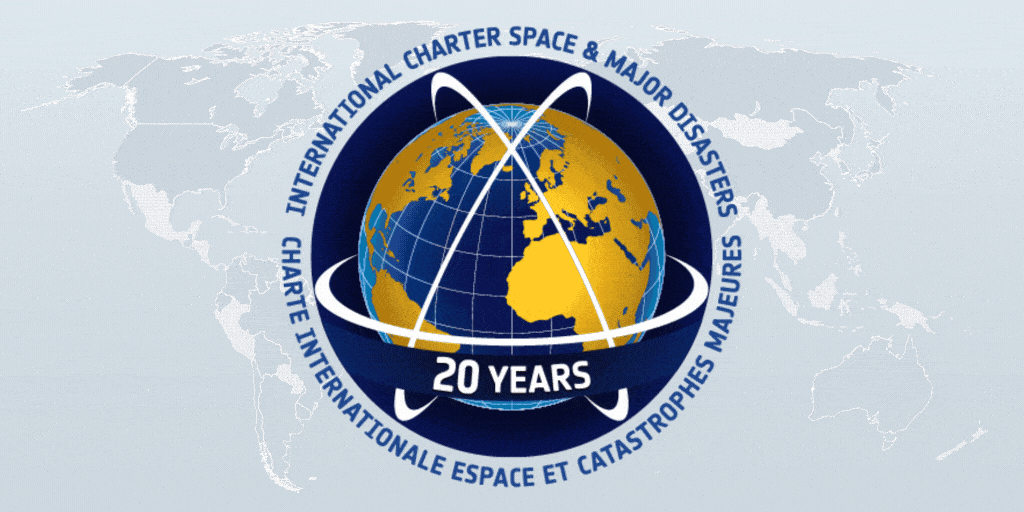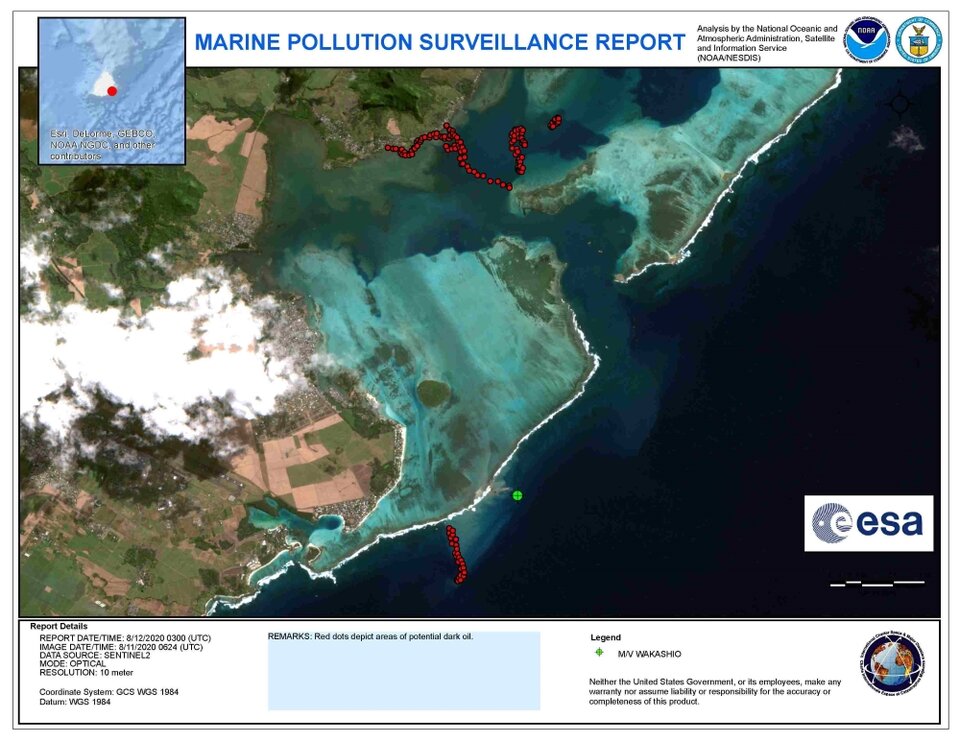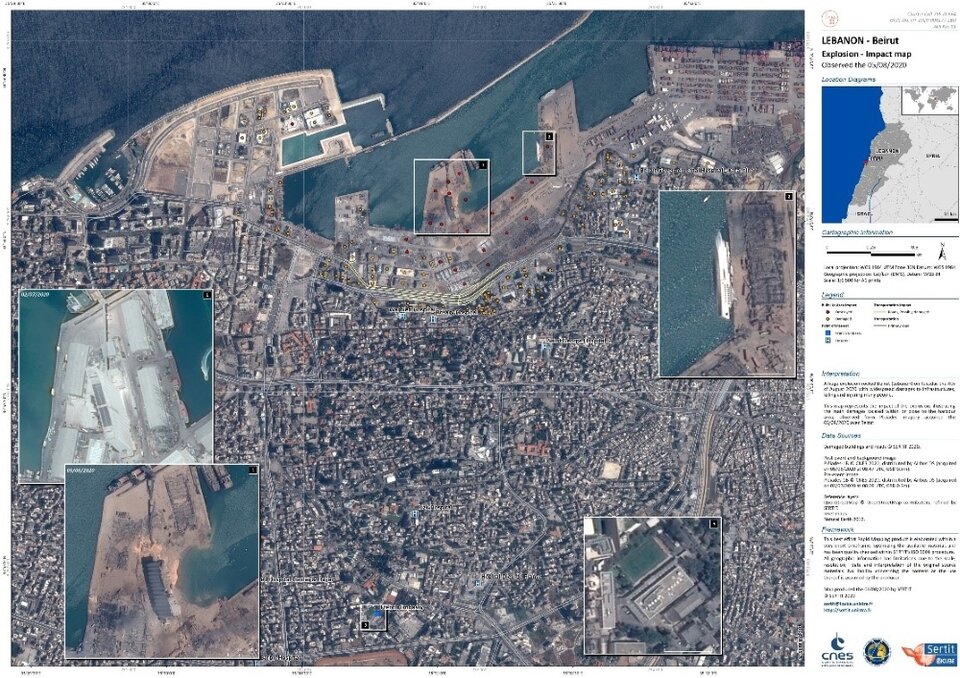24.10.2020

This week marks the 20th anniversary of the International Charter Space and Major Disasters. Founded by ESA, France’s CNES French Space Agency and the Canadian Space Agency, the Charter has been activated 680 times (as of 19 October 2020) to help to respond to disasters in 126 countries, including the earthquake and tsunami in the Indian Ocean in 2004, the earthquake in Haiti in 2010, Typhoon Haiyan in the South East Asia in 2013, and the explosion in Lebanon in 2020.

When disaster strikes, clear timely information is of the essence to saving lives and property. Providing images from space, satellites can be vital for those responding to both natural and human-made emergencies – but the key is also that this is done in a coordinated fashion, which is exactly role of the Charter.
Thanks to the Charter, 67 countries have direct access to a unified system of space data for disaster response.
Since the founding three agencies formally signed the Charter on 20 October 2000, membership has grown to now include 17 space agencies and system operators to provide observation data to disaster management authorities around the world.

The value of the initiative lies in being able to mobilise the agencies and benefit from their knowhow and their satellites through a single access point that operates 24 hours a day, 7 days a week and at no cost to the user.
Charter response efforts have included the massive 7.9 magnitude earthquake in Nepal of 2015, the devastating Typhoon Haiyan in the Philippines in 2013, Haiti’s 2010 earthquake, the Deepwater Horizon oil spill in the Gulf of Mexico in 2010 and the tsunami in Indonesia and Thailand in 2004.
One of the most recent Charter activations was in response to the huge explosion of ammonium nitrate at a warehouse in the Port of Beirut in Lebanon on 4 August 2020.

Over the last 20 years, the Charter has been activated over 680 times.
In 2017, the Charter team received the prestigious William Thomas Pecora Award for its ‘outstanding support to the global community during times of crisis’, providing free satellite imagery, data and information to the global community during times of crises.
Since it began, ESA has taken the role of Primus Inter Pares a total of six times, the last one being between October 2017 and April 2018. This role of lead, which is taken by a different member every six months, involves coordinating the overall activities of the Charter for the designated period.
Some of the Charter’s major activations have involved Europe’s Copernicus Sentinel satellites.
The EU-funded Copernicus Emergency Management Service – which provides maps free of charge to civil protection agents – cooperates with the Charter in order to avoid duplication, thus ensuring maximum assistance to victims. The maps produced by both services highlight the impact of international disasters and serve as a valuable resource for damage assessment efforts.
Quelle: ESA
